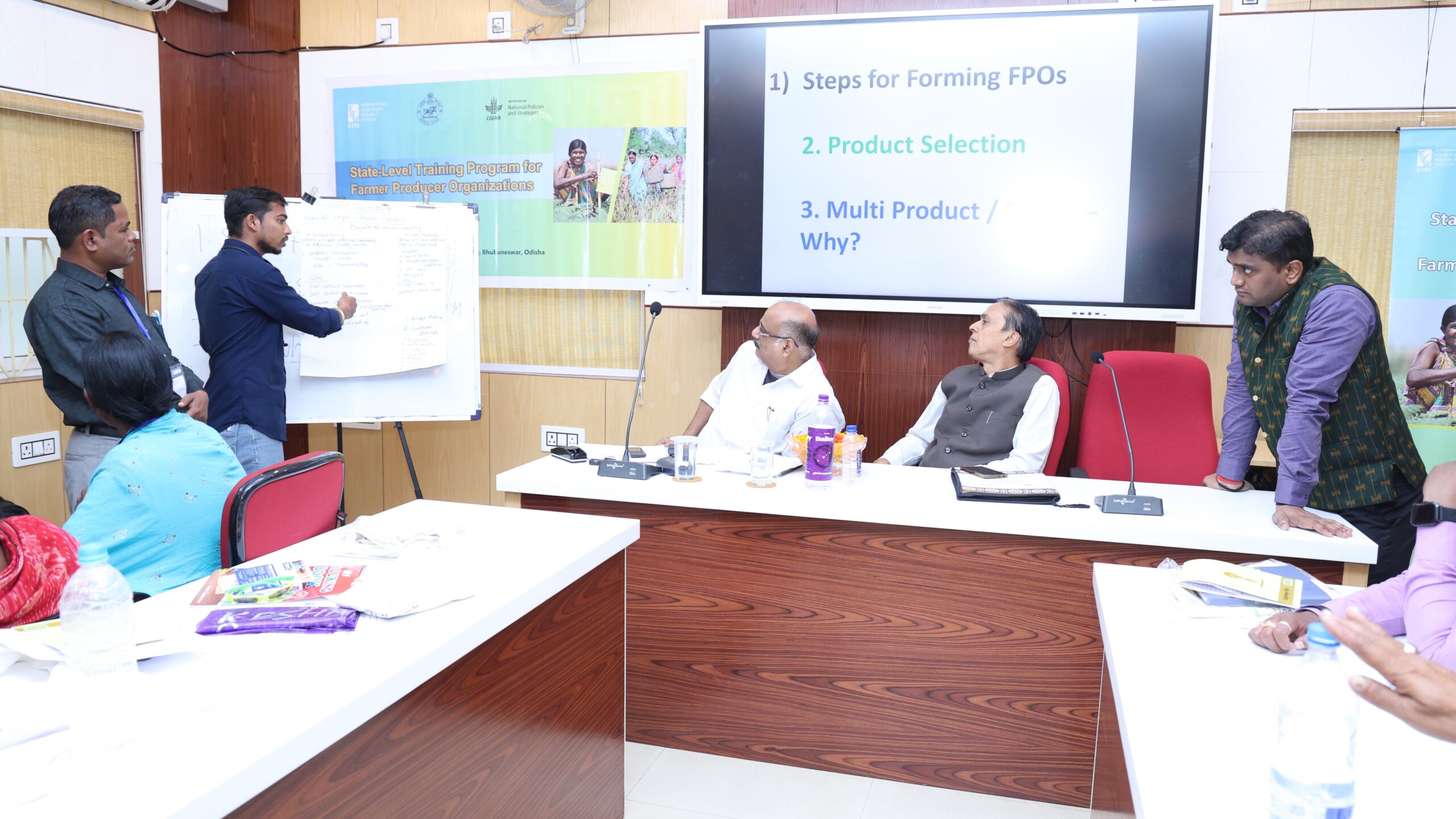Hunger and undernutrition are chronic problems in many countries, and climate change threatens to make them worse. But governments, private companies, and international organizations can make rapid progress fixing them by working closely together, participants at a recent IFPRI-organized panel at the European Development Days (EDD) conference in Brussels agreed.
IFPRI Director General Shenggen Fan opened the session—“Ending hunger and undernutrition: It can be done faster”— by noting that over 2 billion people worldwide suffer from hidden hunger (a lack of micronutrients). In addition to damaging health, he said, the various forms of malnutrition combined lead to an almost 10 percent loss of global GDP annually. While some countries have made tremendous progress—including Vietnam and China, which reduced hunger and malnutrition by two thirds within a decade— better engagement of civil society and the private sector are crucial to accelerating the process, Fan said.
Noting that many of the world’s hungry live in rural areas, Michael Hailu, Director of the ACP-EU Technical Centre for Agricultural and Rural Cooperation (CTA) in the Netherlands, touted the importance of facilitating access to markets for smallholder farmers. It is important to invest in farmers organizations, he said, because as smallholders collectively become better able to negotiate a bigger share of the value chain, the additional income can support them year-round and allow them to send their children to school.
Till Wahnbaeck, CEO of the German aid organization Welthungerhilfe, suggested that a market-based approach that allows recipients of aid to become both consumers and producers can help them escape hunger faster. Moving away from the typical charity/grants style of development assistance, becoming better at listening to the people being served, and focusing on results are also very important, he added.
“Building resilience to predictable hunger is absolutely critical,” said Connell Foley, Director of Strategy, Advocacy and Learning at the Dublin-based aid group Concern Worldwide, who spoke of the role fragile states play in hunger and undernutrition. By 2030, he said, 60 percent of the world’s poor will live in such countries, where institutions are weak, and development gains are constantly eroded through disruptions and crises. He added that anti-hunger programs must pay more attention to dispersed leadership and the power of district-level officials if they are to succeed.
The IFPRI panel was one of approximately 500 sessions at the European Union’s 10th annual EDD conference held on June 15 and 16, which focused on the United Nations 2030 Agenda for Sustainable Development. More than 6,000 participants, including heads of state, leaders of development agencies, and international aid professionals, gathered at Brussels’ Tour & Taxis conference center to connect, circulate ideas, and determine how to put them into practice. At the opening session, World Bank President Jim Yong Kim reminded participants of the importance of global solidarity and compassionate leadership in resolving the challenges that face the development community. “Development,” said Federica Mogherini, European Union High Representative for Foreign Affairs and Security Policy, “is first and foremost about people and people’s lives.”
Katarlah Taylor is an Information and Knowledge Management Facilitator at IFPRI.







